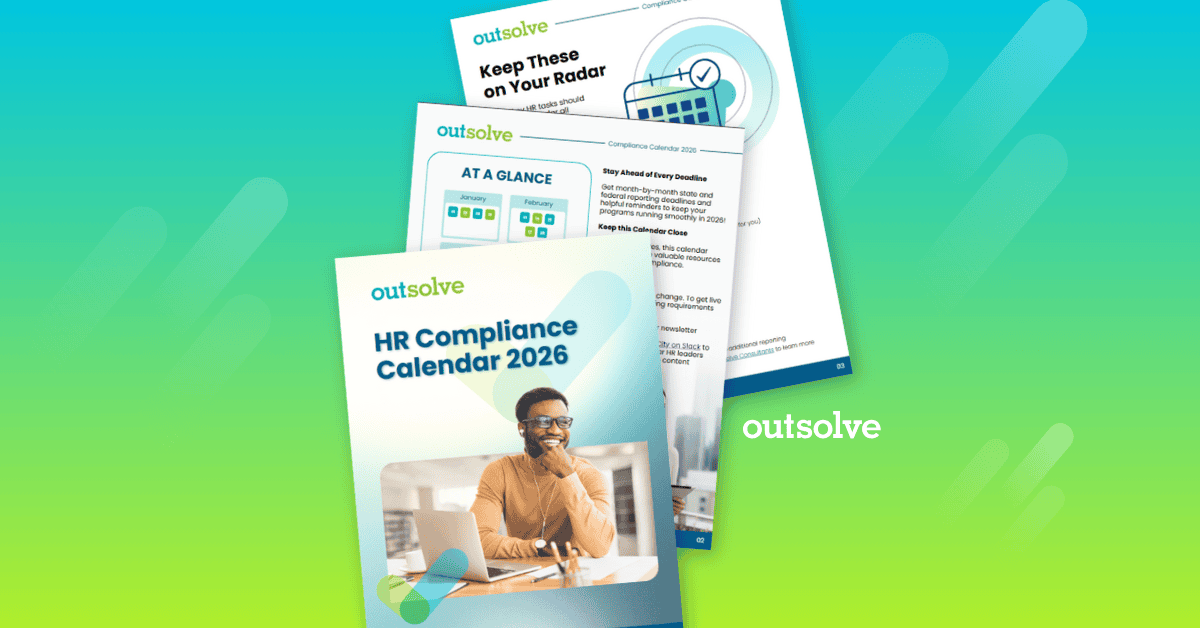How employers treat their employees when making decisions about them
I know you might find the title of this article strange for me. I am all about being nice to people and treating people with respect and dignity. I am a very friendly person, and usually have a smile on my face. I try to thank people for what they do, and to compliment them for doing a good job.
So, what is this article about? It’s about how employers treat their employees when they are making decisions about them. There is an old saying that no good deed goes unpunished, and that’s what I want to talk about in this blog article. Although employers frequently think they are doing something nice for their employees, the employees don’t see it the same way.
In the past, I’ve blogged about pregnant employees and issues they encounter at work. Some employers think they are being nice to their pregnant employees by putting them into what they consider to be easier jobs. I have had cases where employers have put pregnant employees on leave so that they can rest and get ready for the baby to arrive. Although both of these actions seem, on the surface, to be nice things to do for an employee, they may be considered to be discriminatory, unless the employee has requested the change.
Likewise, right now with COVID-19, some employers may be considering how individuals who are in the protected age group should be treated. The Age Discrimination in Employment Act covers people age 40 and over. The research regarding COVID-19 indicates that those who are older are at a greater risk of contracting the virus. So, if an employer is considering who should be returned to work, the employer should not immediately rule out employees in the protected age group based on their ages. If the employee, on the other hand, has a concern about returning to work due to the risk, there should be a discussion with the employee about what should happen. Not returning a disabled employee to work due to fear may also be considered to be discriminatory.
Remember that any change to a term, condition or benefit of employment based on a protected status may be considered discrimination. If the employee requests the change, the employer needs to consider the change depending on how other employees are treated in similar situations. Any decisions should be examined to see what the motivating factor(s) for the decision might be. In other words, consider your actions and try to view them with an outsider’s eye.
Being nice to your employees is great. Employees who feel respected and valued perform better than those who feel they are not respected or valued. Just be sure that, when making decisions, you are not basing them on a protected status.
If you have any questions or concerns about making these types of calls, feel free to reach out to me at eeoadvantage@gmail.com or (502) 553-7648.
President at EEO Advantage, LLC
Weekly OutLook
Featured Posts

HR Compliance Checklist: What Every HR Pro Needs to Know

New Year, New Deadlines: 2026 HR Compliance Calendar
Related Posts

How to Compliantly Recruit for Section 503 and VEVRAA
Recruiting under Section 503 and the Vietnam Era Veteran’s Readjustment Assistance Act (VEVRAA) can feel like a balancing act, combining compliance...

Common Mistakes Employers Make in Pay Equity Audits
This article is part of an ongoing legal series designed to provide insight and practical guidance on current and emerging workplace compliance...

5 Key Compliance Items HR Can’t Afford to Ignore
Staying ahead of compliance changes can feel like a race against time for anyone in HR. Policies change and reporting requirements expand, making...
 Toni Ahl
Toni Ahl
.png)